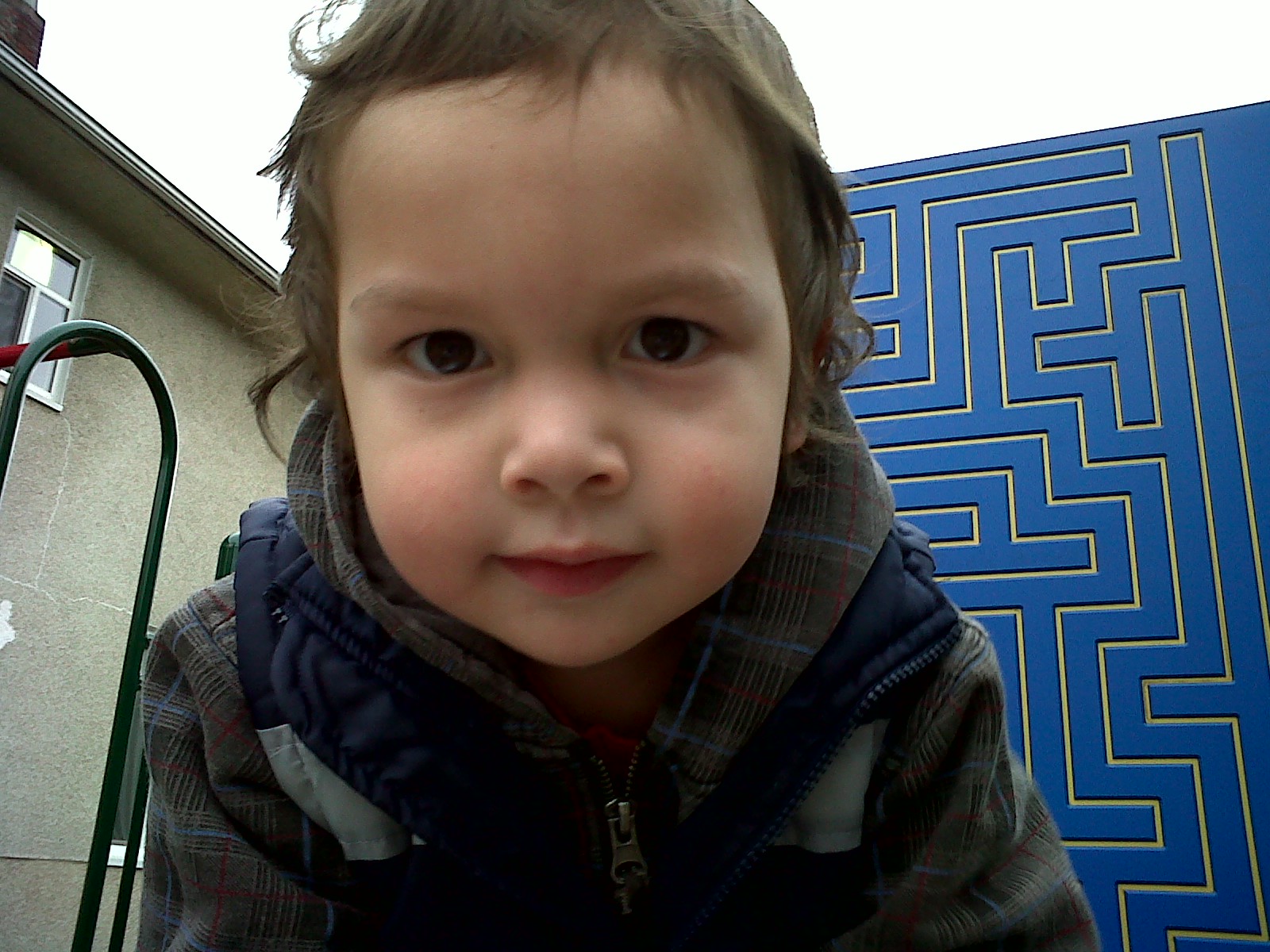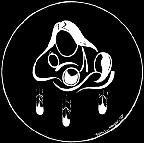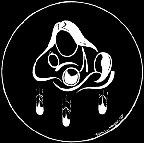
- Richard Cardinal: Cry from the Diary of a Metis Child
Alanis Obomsawin is a member of the Abenaki Nation and is one of Canada’s most distinguished documentary filmmakers. One of Obomsawin’s films include: “Richard Cardinal: Cry from the Diary of a Metis Child,” depicting the disturbing examination of adolescent suicide. The film represents a documentary examination of the Child Welfare System in Canada.
The documentary pays homage to Richard Cardinal, a Metis teenager who committed suicide in 1984 by hanging himself from a tree on the lot of what to be his last foster home.
At the age of 17, this young man committed suicide after being shuffled 28 times from foster home to foster home since he was apprehended and separated from his family at the age of four. This film gives Richard a voice on the abuses he suffered at the hands of the foster parents and the Canadian Child Welfare System that failed him in his young life. The trauma he faced throughout his life is portrayed from readings of his diary, interviews with family, foster parents, friends and teachers. The details of Richard’s life echo the assimilation policies set out by the churches and government in the early 1800’s with the introduction of the Indian Act of 1876 and the Residential School Legacy that followed proving that these policies still existed as late as the 1980’s and are still used today.
Richard’s story is not unique; many Aboriginal children were taken from their homes and placed in residential schools during the early 1800’s and as late as the 1990’s when the last school closed its doors. It was in the 1960’s that the Child Welfare System began taking Aboriginal children form their reserve homes and placed them in non-native foster homes in hopes of assimilating them into mainstream society.
The Social Welfare System failed to realize the drastic impact of taking children from their families and how it would reverberate through the generations. The children were stripped of their identities; they grew up not knowing who they were or where they came from because they were taken at such an impressionable young age, leaving them with not knowing where they belonged. I read somewhere that the next most important need in life besides shelter, clothing etc., is the need to belong. Years of abuse and neglect at the hands of their caretakers, the survivors of residential schools passed on to their own children the same abuse and neglect, the only way they knew how because this is how they grew up in the residential school institutions.
The horrific death of Richard Cardinal in 1984 is not unusual, teen suicide in Aboriginal communities is still present today due to the intergenerational impact of the Legacy of the residential school era.
This movie is disturbing to watch, but is much needed in educating mainstream society about the treatment of Aboriginal children in the Canadian Child Welfare System. This is a story that needs to be brought out not only to mainstream society but to Aboriginal communities. Perhaps the cries for help of the youth will be recognized before it is too late. Exposure is key.



